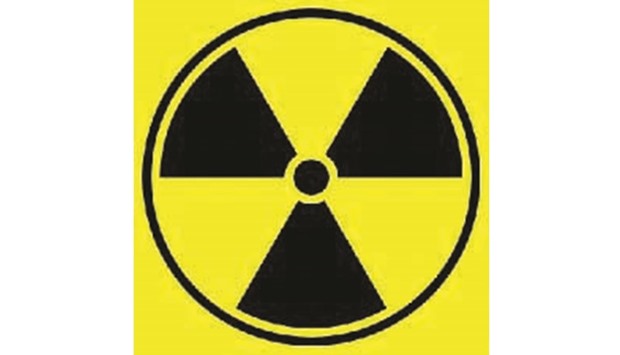Hinkley Point C and other new nuclear power stations in Britain will be delayed by a decision by the UK to quit Europe’s atomic power treaty, experts have warned.
The government revealed on Thursday that Brexit would involve the UK leaving Euratom, which promotes research into nuclear power and uniform safety standards.
Lawyers had expected the triggering of Article 50 to prompt a withdrawal from Euratom, but the confirmation will disappoint the nuclear industry and raises questions over safety inspection regimes and the UK’s future participation in nuclear fusion research.
“Leaving Euratom is a lose-lose for everyone. For nuclear proponents, the industry becomes less competitive – and for nuclear critics, safety regulation diminishes,” said Dr Paul Dorfman of the Energy Institute at University College London.
He added: “The UK nuclear industry is critically dependent on European goods and services in the nuclear supply chain and their specialist nuclear skills. Leaving Euratom will inevitably increase nuclear costs and will mean further delays.”
EDF, which is building two new reactors at Hinkley in Somerset and hopes to build other nuclear plants, has told MPs that “ideally” the UK would stay in the treaty, as it provides a framework for complying with international standards for handling nuclear material.
Without mentioning Hinkley, the French state-owned company has also warned that restrictions on movement of people because of Brexit could delay delivery of new energy infrastructure.
Antony Froggatt, a research fellow at the Chatham House thinktank, said: “Outside of Euratom and the single market, the movement of nuclear fuel, equipment and trained staff will be more complicated.”
He noted that because the UK is a strong supporter of nuclear, Brexit would affect the balance of nuclear policies in the EU, where Germany, Italy and even strongly pro-nuclear France have already taken steps in recent years to reduce their reliance on atomic power.
Vince Zabielski, a senior lawyer at law firm Pillsbury Winthrop Shaw Pittman, said: “If the UK leaves Euratom before new standalone nuclear co-operation treaties are negotiated with France and the US, current new build projects will be placed on hold while those standalone treaties are negotiated.”
Other lawyers questioned why the government had decided to quit Euratom and in the manner it had done so, in the explanatory notes accompany the Article 50 bill.
“There doesn’t seem to have been any real explanation as to why, because we are going towards the unknown at great speed. Legally we don’t have to leave Euratom because the UK is leaving the EU,” said Jonathan Leech, a senior lawyer and nuclear expert at Prospect Law.
“At the moment, the UK standing on the world nuclear stage is predicated on a series of cooperation agreements, and those we have the benefit of from being a member of Euratom, and the few bilateral agreements are based on Euratom, too. Take that away and you have no basis for international nuclear co-operation.”
He said that quitting Euratom would create unnecessary uncertainty for new nuclear power and research into fusion power, a cleaner alternative to nuclear fission in which the UK has been a world leader for decades.

nuclear
